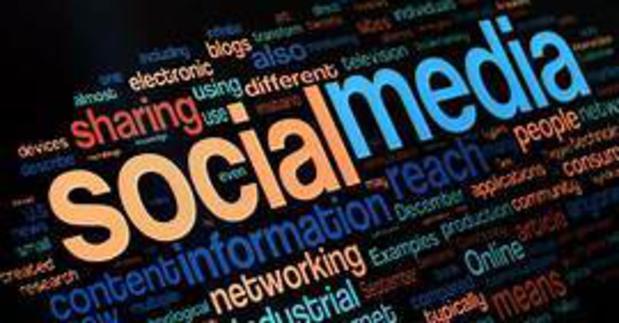Benjamin Franklin
"Our new Constitution is established, everything seems to promise it will be durable; but in this world, nothing is certain except taxes and death. "
"My Middle Class America"
Social media has revolutionized the way we connect and communicate, creating a global platform for sharing ideas, experiences, and creativity. It allows people to stay in touch with friends and family, regardless of distance, fostering relationships that might otherwise fade. By enabling the exchange of news and personal updates, social media keeps individuals informed and engaged in each other’s lives. It also serves as a hub for creativity, allowing users to express themselves through photos, videos, and written content, encouraging artistic growth and self-expression.
In addition to personal connections, social media has had a profound impact on business, education, and social movements. Businesses now have direct access to their audience, allowing for personalized marketing and customer engagement, which can lead to stronger brand loyalty. Educational content is widely available, making learning more accessible to people worldwide. Social media has also played a crucial role in amplifying voices for social justice and change, providing a platform for awareness, activism, and community building on a global scale.
Despite its many benefits, social media has significant downsides that have become increasingly evident. One major concern is its impact on mental health. Studies have shown that excessive use of social media can lead to feelings of anxiety, depression, and loneliness. Constant exposure to curated, idealized versions of others' lives often causes users to compare themselves unfavorably, which can erode self-esteem and create a sense of inadequacy. The addictive nature of platforms, designed to keep users engaged through endless scrolling and notifications, can lead to unhealthy habits, further exacerbating mental health issues.
Another troubling aspect of social media is the spread of misinformation. Platforms like Facebook, Twitter, and Instagram have struggled to control the rampant dissemination of false information, which can have serious consequences. From misleading health advice to fake news and conspiracy theories, social media allows harmful content to reach large audiences quickly. This has contributed to confusion and polarization, particularly in matters of public health and politics, where misinformation can influence important decisions and harm democratic processes.
Privacy concerns are also a significant issue. Social media companies often collect vast amounts of personal data from users, which can be used for targeted advertising or sold to third parties. The lack of transparency about how this data is handled has led to widespread distrust. Additionally, breaches and hacking incidents have exposed users’ private information, putting them at risk of identity theft, fraud, or harassment. Even if users attempt to protect their privacy, the nature of social media makes it difficult to fully control what information is shared and with whom.
Lastly, social media has been criticized for contributing to the erosion of meaningful, real-life connections. While it offers a convenient way to communicate, the quality of interactions can be superficial, leading to weaker social bonds. People may become more focused on gathering likes or followers than on fostering genuine relationships. The overuse of social media can also lead to social isolation, as individuals may prioritize their online presence over face-to-face interactions. This shift can negatively impact personal relationships, reducing the depth and authenticity of human connections.
"The arrival of the first pilgrims in America"
Homestead © 2025 My Middle Class America
Privacy Policy | Terms of Use | Cookie Policy | Disclaimer
Empowering the American middle class — one story at a time.
Privacy Policy | Terms of Use | Cookie Policy | Disclaimer
Empowering the American middle class — one story at a time.

